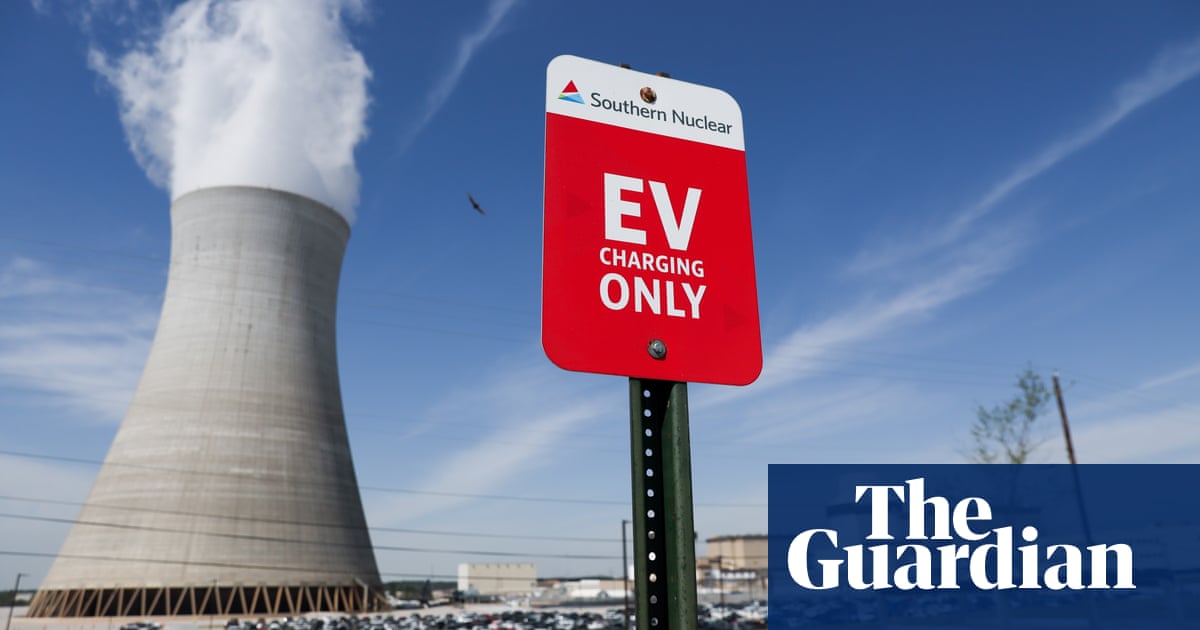New industries such as cryptocurrency and cannabis are boosting industry forecasts, straining efforts to cut emissions
Demand for power is soaring, creating a new energy crisis for the United States – one that could make the climate crisis even worse.
After more than 30 years of falling or flat demand for electricity, forecasts say the nation will need the equivalent of about 34 new nuclear plants, or 38 gigawatts, over the next five years to power data centers and manufacturing and electrify buildings and vehicles, according to filings made to the Federal Energy Regulatory Commission and compiled by Grid Strategies.
Since those filings, several utilities have said they will need even more power.
Georgia Power, which has more than 2.7 million customers, told regulators in 2022 it would need the equivalent of an extra single mid-sized power plant for the rest of the decade. But late last year, it said it will need 17 times more electricity – the equivalent of four new nuclear units – because of new data centers and manufacturing.



It’s a double whammy for utilities. It would be a massive challenge just to transition existing production away from fossil fuels, but they need also anticipate a giant surge in demand as entire sectors of the economy electrify.
And that is only tackling the production side. They also need to invest heavily in grid storage and upgrading the grid itself both to handle the greater power demand and adapt to more intermittent power sources. The stopgap measure here is fall back on peaker plants, but these are some of the heaviest emitters around, as their flexibility comes at the cost of efficiency relative to base load generators.
I guess it all comes down to time. Given enough time, all of this infrastructure could be put in place. Had we taken climate change seriously decades ago when scientists first raised the alarm, we would be in better shape today, but it’s water under the bridge at this point. As it stands, we need to find ways to buy time, and that will likely entail some sacrifice to the status quo of our consumer culture. But people seem so dug-in to not accept any change or adaptation to circumstances. It’s worrisome.